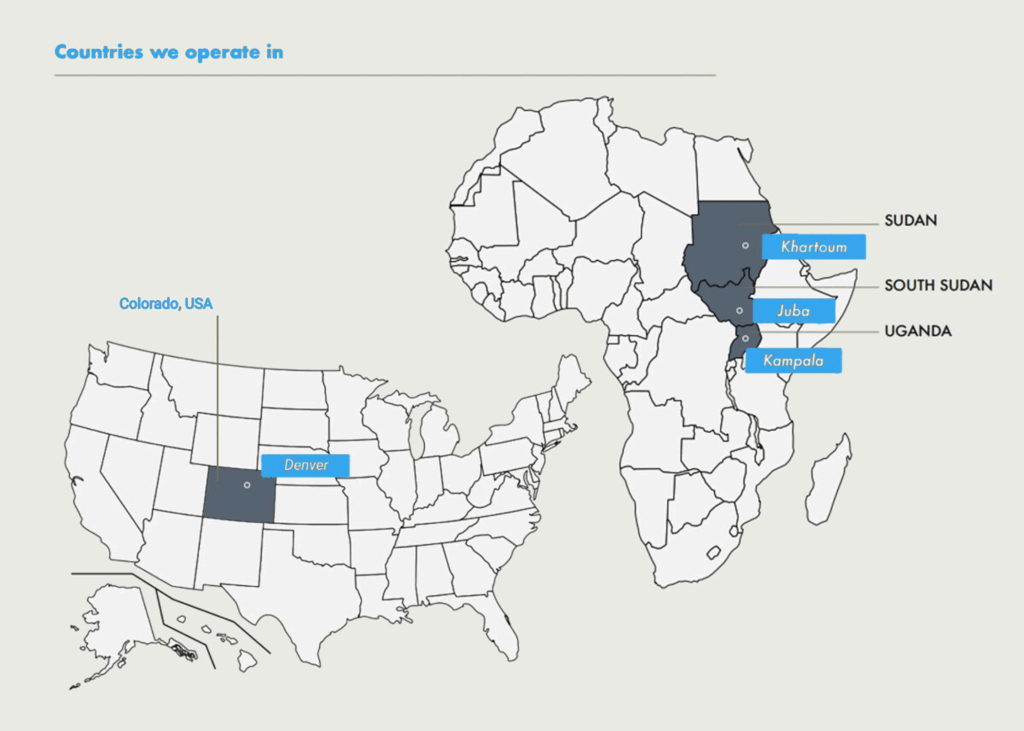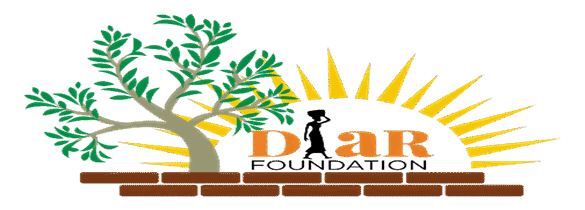REBUILDING LIVES WITH DIGNITY, OPPORTUNITY & HOPE
Creating pathways to education, livelihoods, and long-term resilience.
Diar Foundation is a certified non-profit, women-led organization operating both nationally and internationally, dedicated to empowering the world’s most vulnerable communities.
We work at the heart of crisis—supporting women, youth, and families affected by war, displacement, poverty, and systemic inequality. Our mission is rooted in the belief that extreme poverty is not just a lack of income or access to food and shelter, but the result of deeply interconnected challenges: forced migration, homelessness, gender-based violence, hunger, poor health, and the absence of clean water, education, and sanitation.
Diar Foundation believes that true change starts by investing in women, girls, and youth—restoring their dignity, amplifying their voices, and building pathways to education, healing, and sustainable opportunity.
OUR MISSION
Diar Foundation champions the rights of women, children, and youth by building their capacity and strengthening grassroots groups around the world.
We foster inclusive communities that uphold the dignity and diversity of war survivors, refugees, persons with disabilities, and other marginalized groups.
Rooted in equity and human rights, our mission is to ensure no one is left behind. We focus on practical, local solutions that remove barriers to access and empower people living in poverty to fully participate in society.
OUR VISSION
A just, compassionate, and equitable world where every person—regardless of gender, background, or ability—lives free from poverty, violence, and discrimination, with full access to their rights and the opportunity to thrive.
THE CRISIS WE FACE
Rising Violence & Insecurity
Violence in South Sudan has become part of everyday life. Armed conflict, land disputes, and insecurity force families to flee their homes, abandon farms, and live in fear.
Women and children are especially vulnerable, and youth are often pulled into cycles of violence. Without safety, there can be no lasting change.
Now more than ever, South Sudan’s communities need protection, hope, and peace.
Social & Economic Inequality
Systemic Inequality
In South Sudan, deep-rooted inequalities continue to prevent entire communities from accessing opportunities. Women, ethnic minorities, internally displaced people, and rural populations are often excluded from education, healthcare, meaningful employment, and leadership roles. Traditional norms, political marginalization, and economic barriers have created a system where opportunity is not equally shared, and the gap between the vulnerable and the privileged continues to widen.
Women Without Economic Independence
Women, particularly widows and single mothers, face some of the harshest economic realities. Many are left without the skills, resources, or land ownership rights needed to support their families. In communities where education for girls is often deprioritized and financial systems are inaccessible, women struggle to break the cycle of poverty. Without economic independence, they remain vulnerable to exploitation, food insecurity, and cycles of violence — limiting not only their own futures but also those of their children and entire communities.
Health & Wellbeing
Hunger & Malnutrition
Food insecurity in South Sudan remains a devastating crisis. Years of conflict, displacement, and failed harvests have left millions without enough to eat. Children suffer the most, facing severe malnutrition that stunts growth, weakens immune systems, and claims lives that could have been saved. Every day without enough food robs a child of their future.
Limited Healthcare Access
Access to even the most basic healthcare services is severely limited across South Sudan, especially in rural and conflict-affected areas. Treatable illnesses like malaria, respiratory infections, and diarrhea often turn deadly. Women face some of the highest maternal mortality rates in the world, and families are forced to walk hours — sometimes days — just to find basic medical help. The lack of healthcare is not just a health crisis; it is a crisis of survival.
Orphaned & Vulnerable Children
Thousands of children in South Sudan are growing up without parents, protection, or access to essential care. War, disease, and poverty have orphaned countless young lives, leaving them vulnerable to exploitation, violence, hunger, and trauma. Without a stable home, education, or emotional support, these children are at risk of becoming a lost generation.
Education & Exploitation
Barriers to Education
In South Sudan, access to education remains out of reach for many children. Poverty, conflict, displacement, and a lack of basic infrastructure prevent thousands of young people from ever stepping into a classroom. For girls especially, the dream of education is often cut short by cultural expectations, domestic responsibilities, or the simple inability to afford school fees and supplies. Without education, the cycle of poverty and vulnerability continues unbroken.
Teenage Girls Forced Out of School
The future for teenage girls is especially fragile. Early pregnancy, child marriage, and the absence of supportive social systems force many girls to drop out of school far too soon. With limited pathways to continue their education or find economic independence, these young women are left without the tools to shape their own futures, putting them at greater risk of exploitation and poverty.
Child Marriage & Exploitation
Child marriage remains one of the most devastating forms of exploitation facing girls in South Sudan. Driven by poverty, insecurity, and harmful traditional practices, families often marry off young daughters in exchange for dowries. These girls are robbed of their childhoods, denied education, and exposed to violence and health risks. Ending child marriage is critical to protecting girls’ rights and building stronger, more resilient communities.

